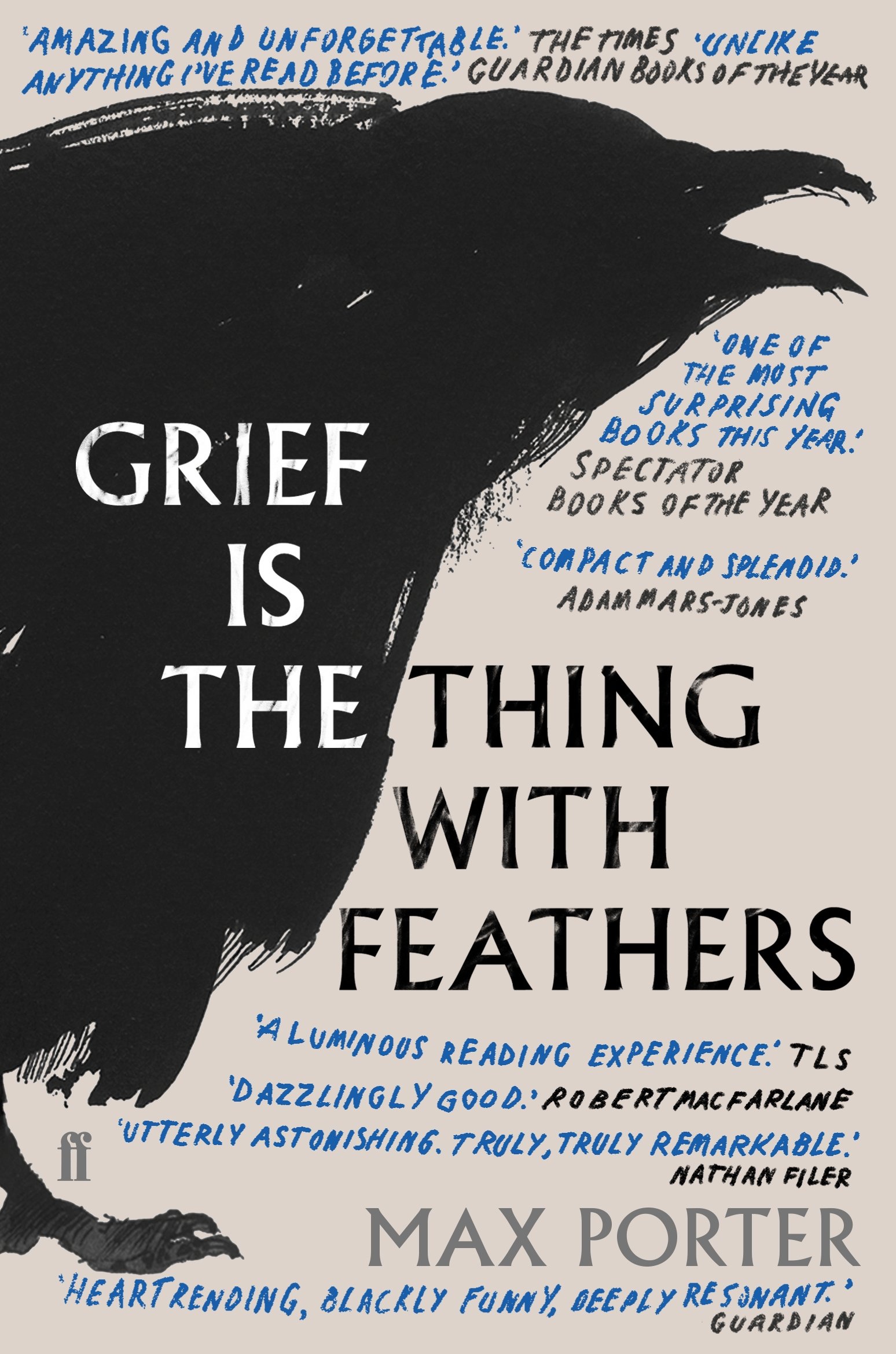

But I have also gradually learned that connecting to the human lives within these bodies I had treated is not a guaranteed part of my training. Within these accumulated moments, I have learned how to come to the bedside, lay hands on a patient, and make a diagnosis. I remember visceral details: the futile feeling of my whole body's weight pressing a cold elastic chest, clumsily counting “1 and 2 and 3.” I recall groaning when woken up from a precious half hour of rest to correct lab orders on a comatose teenager waiting to donate her organs, and I recollect how, in my sleepless delusion, I resented this young woman whose hopeful family continued to hang pictures of a beaming prom queen above her bed. Now a third-year resident, I have lost count of the number of deaths I have seen. Instead, I envisioned within myself an empty room, a quiet space set aside to support the gravity of this child's death. That night, my process was different my mind was not buzzing around unfinished tasks. When I later caught the kind eyes of a gentleman wheeling Tommy's colorful, quilt-covered body bag away, a chilling awareness hit me-a child has died.Īfter my shift, I slipped into my ritual for decompression: a solitary trudge home where my mind settles from mechanical whir to welcome quiescence. “You know,” I ventured, “I know 3 sweet dogs up there who can't wait to give him some kisses.” We stood together for a couple more minutes, and then went on with our work. I needed to finish rounding, but her words anchored me to the floor.


I know that Tommy is going to die, and I just want Grandpa to reach out and help him across I want him to know that peace.” I can't stop thinking about hiking together when I was a kid, how his big strong hands held onto mine and kept me safe.

She explained, “My grandfather recently died, and I have been praying to him today. She continued, “I just keep asking my Grandpa to help him out.” With that comment, I paused my stride. “They need to let him go,” Tommy's nurse said to me as I passed by.


 0 kommentar(er)
0 kommentar(er)
